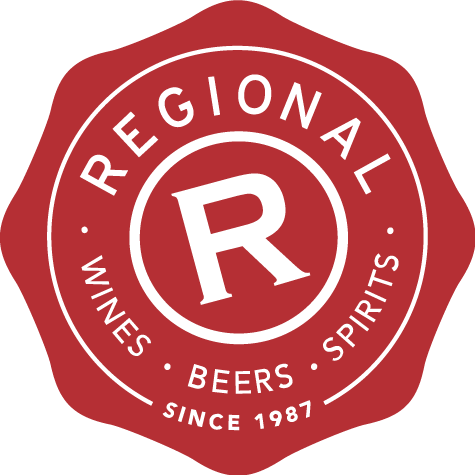Swiss inspired, Italian made
Nervy, minerally, substantial and salty. These are just some of the descriptors used when talking about the indigenous Swiss grape, Petite Arvine, which is thought to have been introduced by the Romans to the Valais in Switzerland. Its name probably derived from the Latin word arvena, which means 'just arrived'. An apt description of a grape that came from elsewhere, although 'just' may not necessarily apply these days since it was first written about in 1602 under the name Arvena. Oh, and yes, there was a Grosse Arvine ('big Arvine') but it is no longer grown. So, onto the big beautiful wines made from Petite Arvine.
Far be it for us to talk religiously about grapes and wine but the Bible of wine grapes (the book called, simply, Wine Grapes by Masters of Wine Jancis Robinson, Julia Harding and grape geneticist Jose Vouillamoz) describes Petite Arvine as...
"The finest indigenous Valais variety making lively; sometimes intense, whites both dry and sweet."
Which brings us to our newest great white in store...
The 2020 Grosjean Petite Arvine
The Italian winery Grosjean Fréres in the Vallee d'Aosta first planted Petite Arvine in the early 1980s on intensely sandy soils with a medium limestone content and has organically farmed the grapes since 2011.
The vineyard is situated at 550 metres above sea level on the 70% sloping Rovettaz Vineyard, on which the family built terraces to conduct normal vineyard work, such as harvesting. The grapes are typically picked in October.
How it tastes... (delicious)
This is one of the most impressive dry whites we've tried this year. Full bodied, bone dry and complex with fresh primary flavours of fennel and ripe citrus balanced by a creamy smooth mouthfeel and finishing on a lingering zesty structure with nerve and backbone to burn.
This wine is certified biodynamic.
Oak and stainless steel combo
This zesty dry white is currently aged 70%/30% in a combination of stainless steel and oak but the vintages of the 1990s and early 2000s had no oak influence at all.
Grosjean owns about two hectares of Petite Arvine and makes approximately 15,000 bottles a year, all 100% Petite Arvine.
The wine goes though extended fermentation on lees with repeated batonage (lees stirring) for the first month after fermentation.
